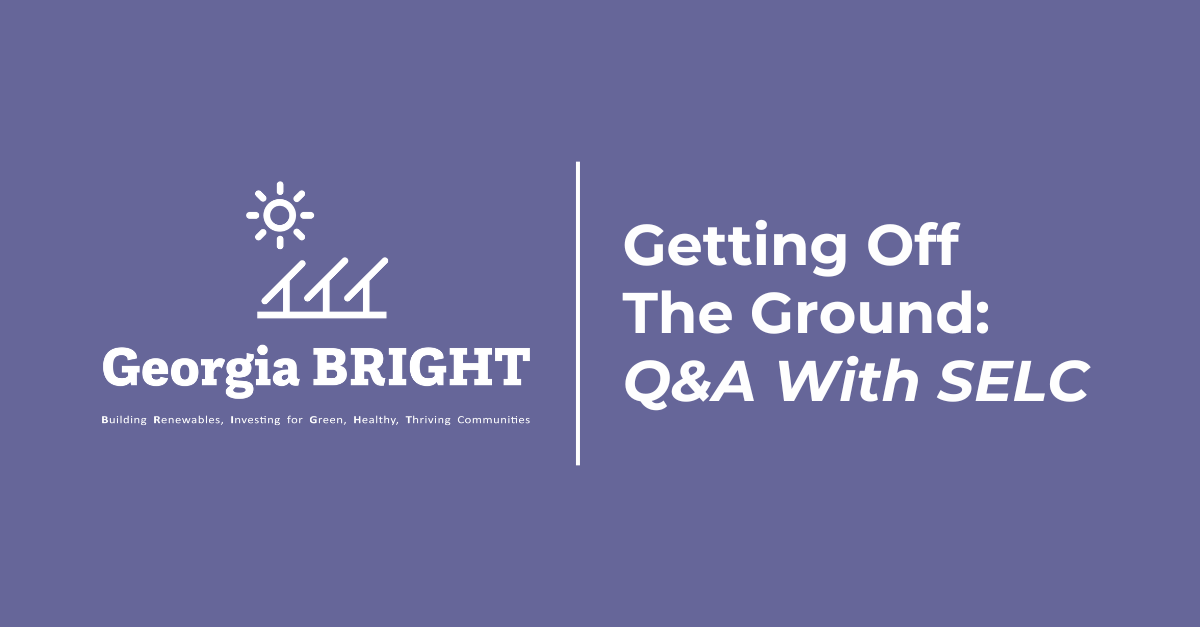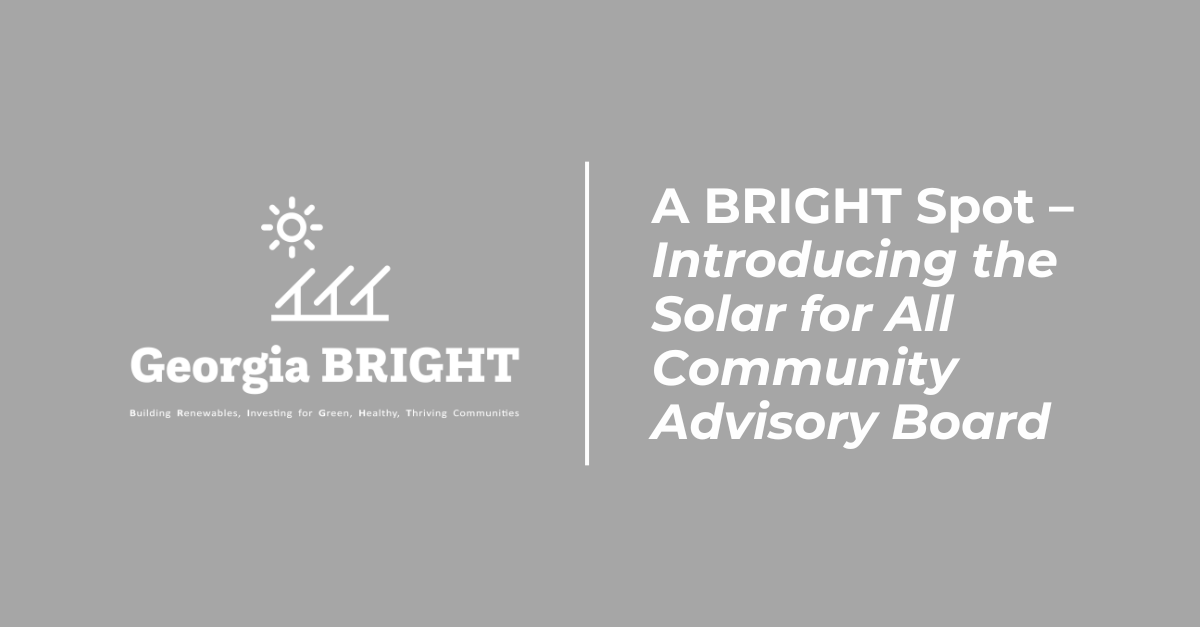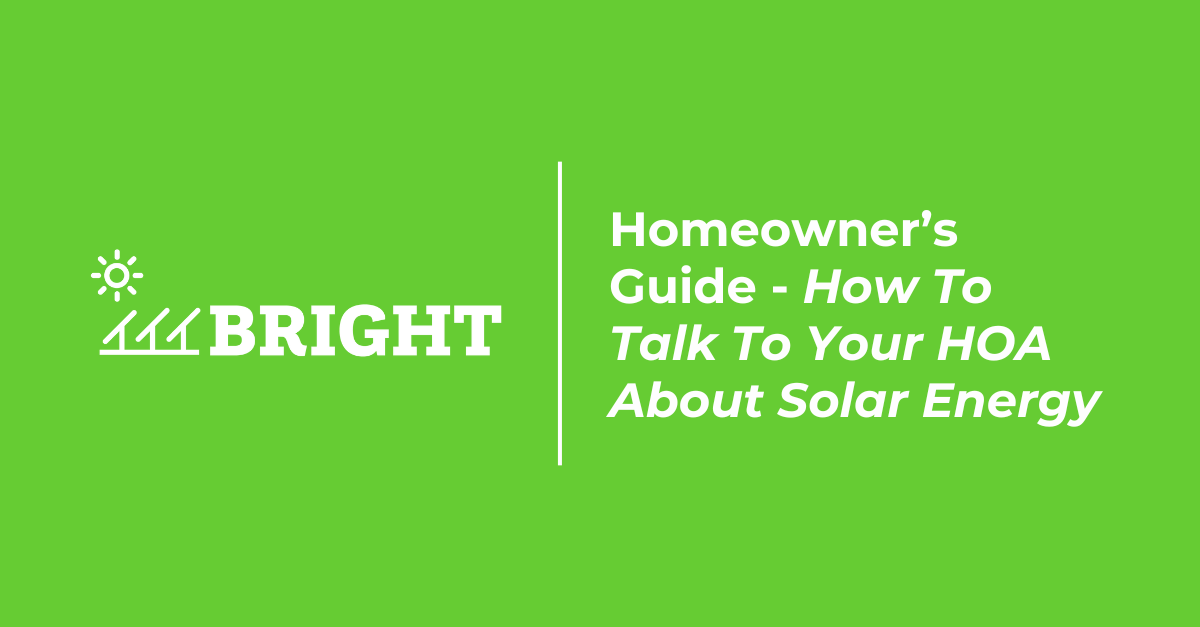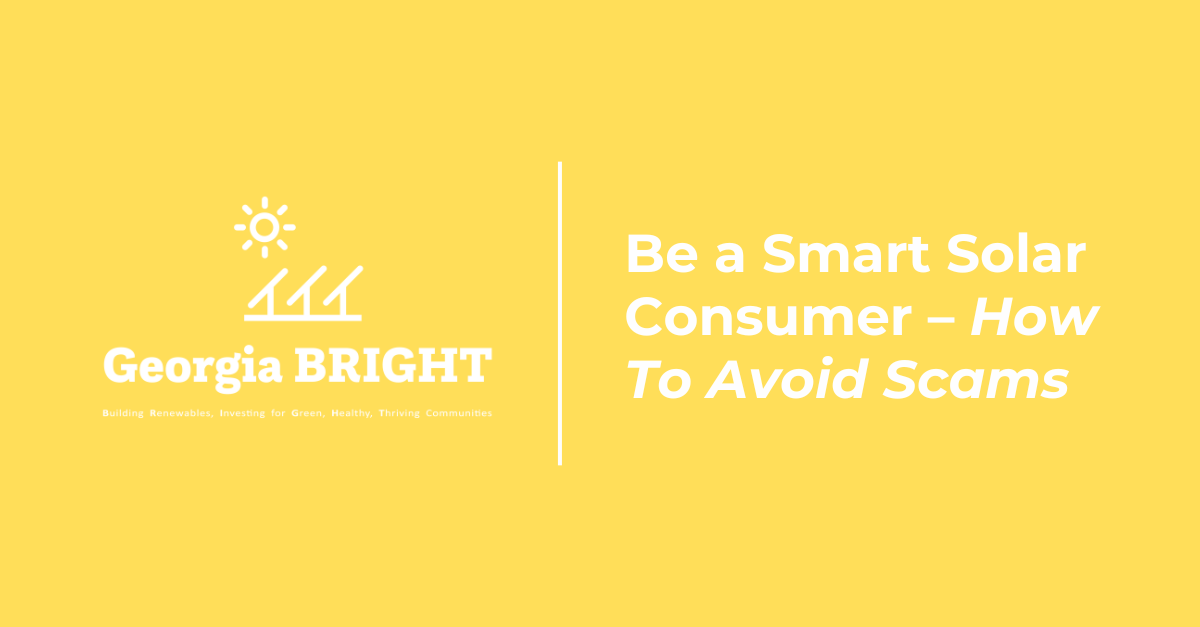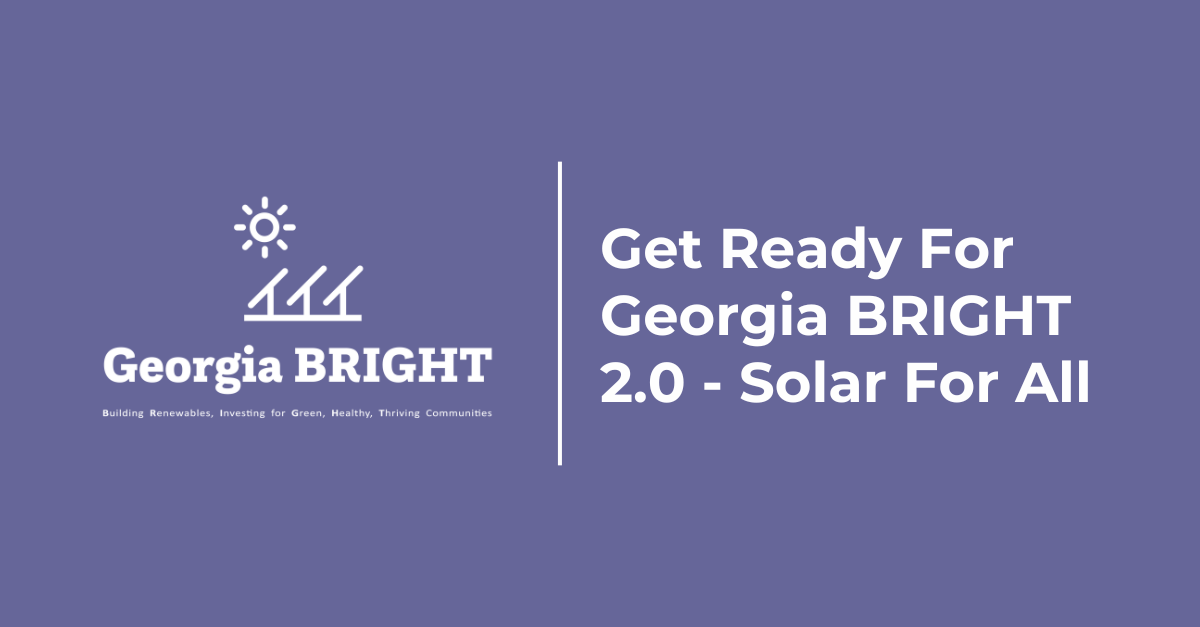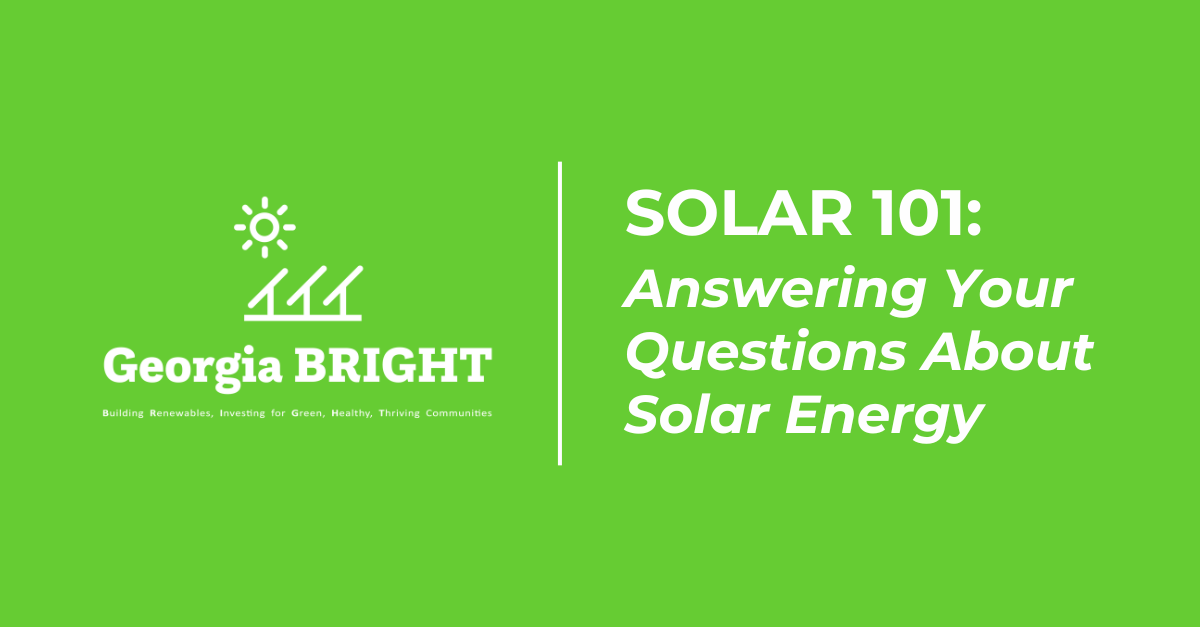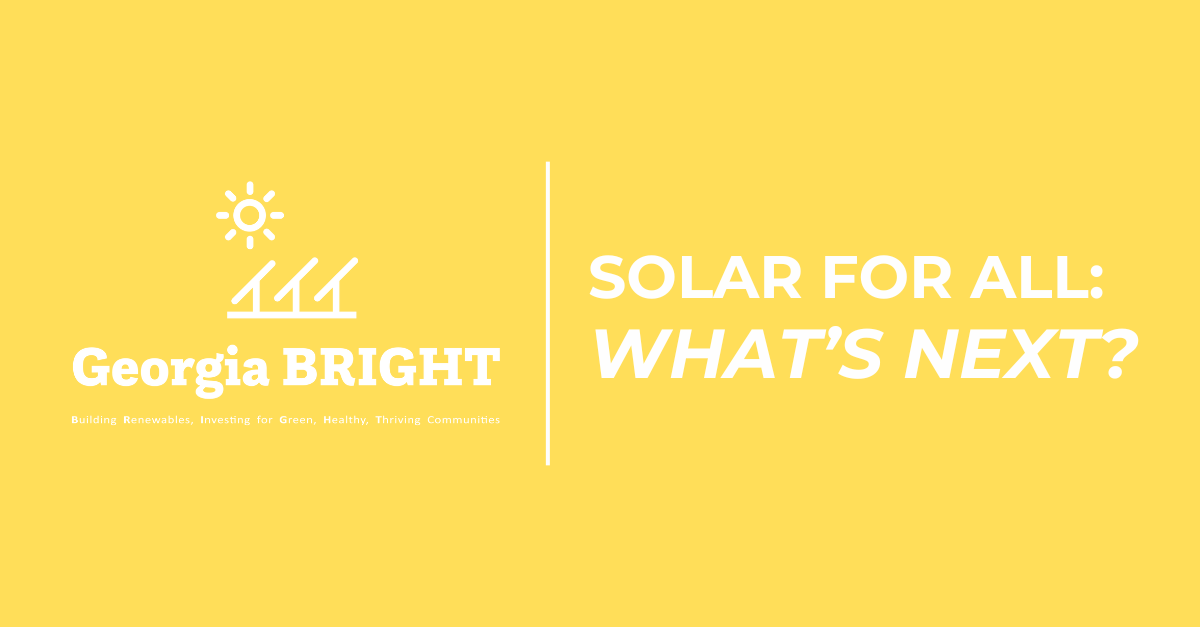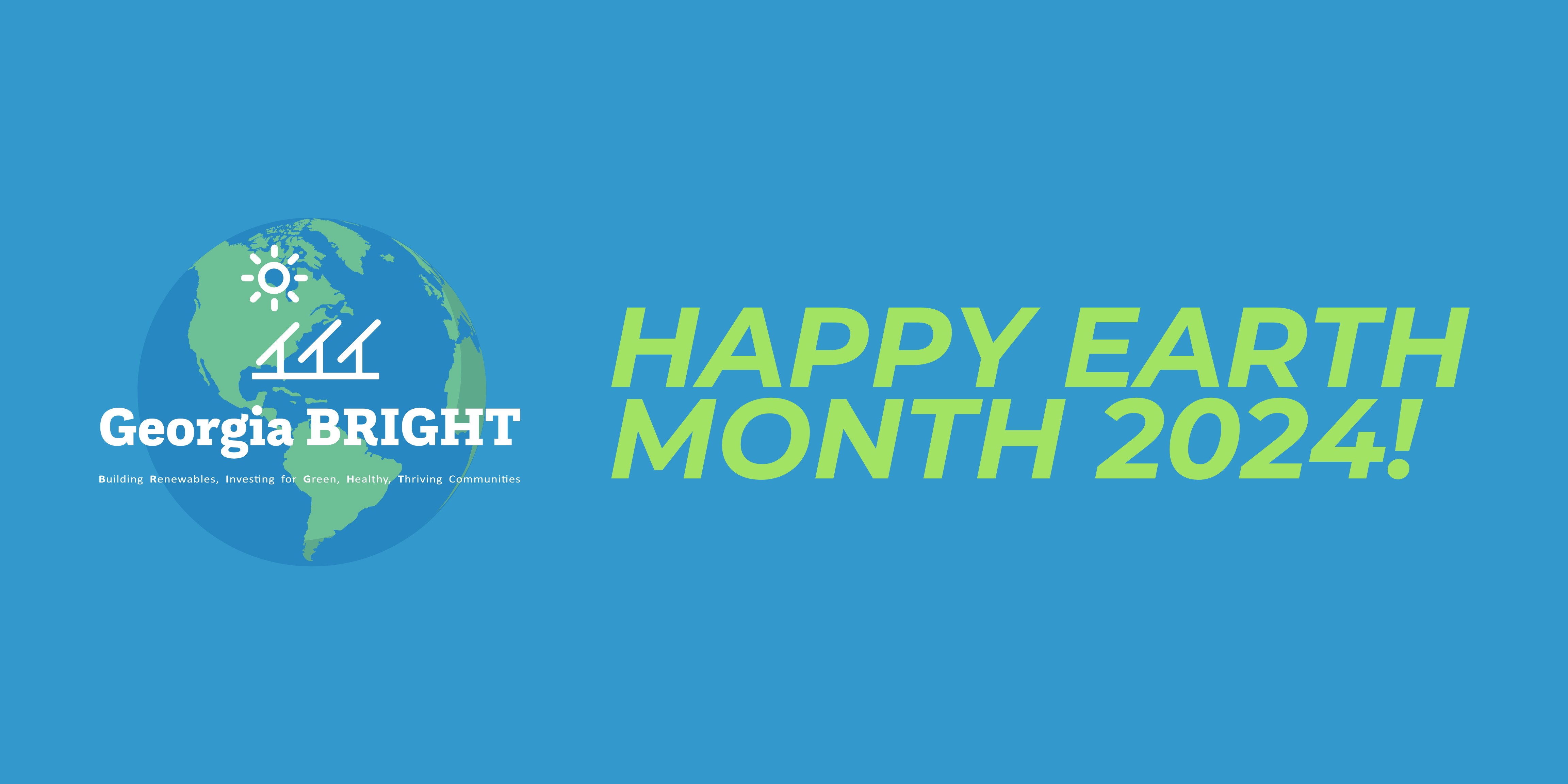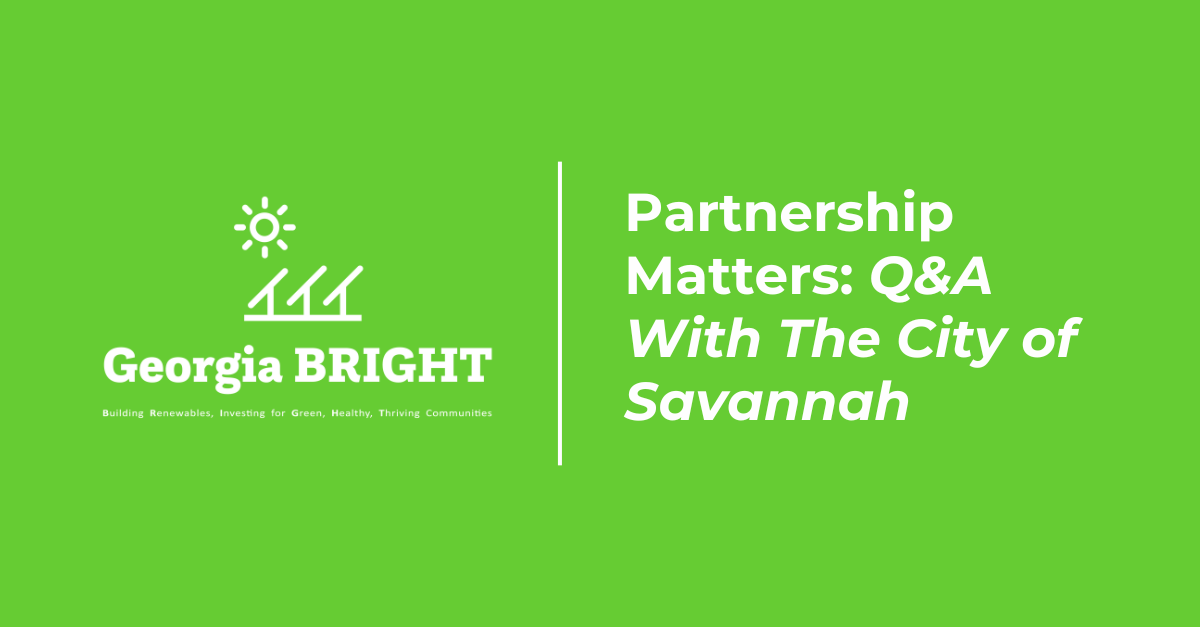Every great idea needs support to become a reality. Capital Good Fund is grateful to the Southern Environmental Law Center’s (SELC) Atlanta office for their guidance in shaping Georgia BRIGHT. We spoke to SELC Senior Attorney Jennifer Whitfield about their role in the launch process.
What made you decide to get involved with Georgia BRIGHT?
There are so many barriers to having rooftop solar reach low- and middle-income families. We saw this program as an opportunity to break through some of those obstacles. Rooftop solar is incredibly expensive when you have to pay the bill upfront, but a leasing model like Georgia BRIGHT that provides enough benefits from the Inflation Reduction Act and other measures that can pass through to those customers really changes the game. The payment mechanism for other programs designed for LMI families comes through their tax bill, so if a homeowner needs to stop paying, they are at risk of losing their home. Capital Good Fund made it clear right away that would not be part of their program, which was important to us.
How does Georgia BRIGHT fill a need?
The percentage of lower-income people’s income that they’re spending on electricity is just through the roof. We call it an energy burden. When you think about the choices that everyday families must make to just keep the lights on, it shouldn’t be that way. What makes Georgia BRIGHT work is that they can pull together a creative leasing method that allows people to put solar on their homes, get the benefit of the energy from that solar, and not have to pay a huge amount of money upfront. So on day one, they only have to make a monthly lease payment.
How did you help get Georgia BRIGHT off the ground?
We got feedback from commissioners, stakeholders, and nonprofit organizations to determine sticking points for LMI families. Solar is complicated. It’s not intuitive. It’s not easy to understand for everyday people. If care isn’t given to how the information is conveyed, even people with good intentions can give misleading information. We helped Capital Good Fund create a consumer disclosure document that outlines all details clearly. For example, there are safeguards in place to reassure homeowners that if the solar panels need to be removed for any reason, the roof will be left in the same condition as it was before they were installed.
What other obstacles did you find in getting people to believe Georgia BRIGHT is for real?
Capital Good Fund is not based in Georgia. And people are often skeptical of a company they don’t know coming in and offering a program. Founder Andy Posner and other members of the Capital Good Fund team spent a lot of time meeting with homeowners and representatives from local organizations across the state, talking to them about what their intentions were and answering questions, which has been instrumental in building trust.
What advice do you have for starting a similar program in other states?
Be sure to connect with the local government, the hyper-local governments, and the stakeholders on the ground who are connected to the communities that you want to serve. Every state is different with respect to not only its solar markets but also the way it charges for solar, which can impact each aspect of the program from how it’s designed to how it’s ultimately implemented when panels go onto roofs. Also, trust building, rolling out a new program, and sharing information with community organizations takes time. It doesn’t happen in one meeting. It’s a process that happens over a series of conversations that are a give-and-take.
